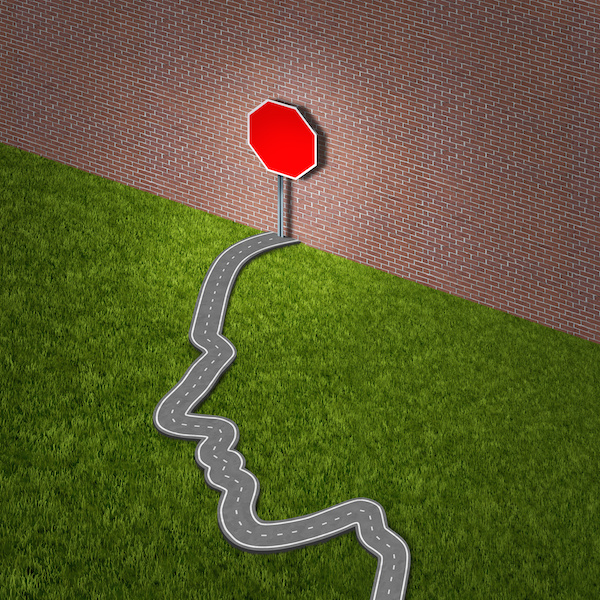
FRIDAY, May 28 (HealthDay News) — For many people with cancer, chemotherapy can be a lifeline to the future. And more aggressive, high-dose therapy has been shown to produce better results.
But there’s a downside, too: Chemotherapy is linked to a mental fog called “chemo brain.”
For years, people’s complaints were dismissed as “all in your head,” but that’s no longer the case. It’s now the topic of serious research, with investigators working hard to figure out why it happens and what can be done to help those who suffer from it.
Yet even with the added focus on chemo brain research, many doctors who care for cancer patients are either unaware of the phenomenon or don’t think to discuss the possibility with their patients, said Saskia Subramanian, a research sociologist at the David Geffen School of Medicine at the University of California, Los Angeles, who has researched and published on chemo brain and wrote After the Cure: The Untold Stories of Breast Cancer Survivors.
She encourages patients to bring it up themselves, especially if they think they’re experiencing it.
Among the symptoms:
- Forgetting things that are usually easy to recall, such as names or words
- Having problems concentrating
- Having difficulty multi-tasking
- Being slower at doing routine tasks
Exactly how many people develop chemo brain is unknown, agreed Subramanian and Christina Meyers, professor and chief of neuropsychology at the M.D. Anderson Cancer Center in Houston, who has researched the condition for more than two decades.
“I would say more than half of the cancer patients in active treatment have some kind of symptomology” related to chemotherapy, Meyers said. “It could range from pretty mild to so severe that a person is unable to perform their normal activities.”
Subramanian said the estimates vary widely, from 20 or 30 percent to 90 percent of chemo patients. “My guess is it’s somewhere in the middle,” she said. “My suspicion is it has to do with how aggressive the treatment is.”
Because the trend is toward more aggressive chemo, the pressure is on to learn more about the condition, what’s behind it and how people can cope.
Researchers who’ve done studies involving imaging of the brain have found changes in the brain activity of breast cancer patients treated with chemotherapy, compared with those who didn’t get chemo.
Meyers said that recent studies have also found acute injury to brain cells and damage to myelin, the white matter that coats nerve cells.
They are important clues, but much is still unknown about chemo brain. Even so, no one is suggesting that people opt out of chemo that is recommended to them, Subramanian noted. “It’s not a reason to forego needed chemo,” she said.
Some researchers are looking at medicines in use for such conditions as depression, attention-deficit/hyperactivity disorder and dementia to see if the drugs might help those with chemo brain. And research is also underway to develop animal models and come up with new drugs to counteract the effects of chemo brain, Meyers said.
But until then, she said, anyone having chemotherapy would be wise to develop compensatory measures. These could include:
- Setting up a “memory station” at home — one place to keep keys, important papers and work-related items you need to take to the office.
- Using a day planner or personal digital assistant for reminders about meetings and appointments.
- Using checklists. One might be a list of things to do when leaving work: Log off your network, turn off your computer, turn on voice mail, turn off the coffee pot, turn off the lights — anything that needs to get done.
- Parking in the same place at work, at the mall, wherever you go often.
- Not trying to multi-task. Even if you were champion before, Meyers said, for now do just one task at a time.
Certain strategies, though, are not helpful, Meyers added. For instance, one thing that she said doesn’t work is doing repetitive mental exercises, such as crossword puzzles or video games. She said many people with chemo brain tell her they try that, but she said it doesn’t seem to translate to remembering names better.
Also, the experts agreed that anyone complaining of chemo brain ought to be evaluated to make sure that other problems — such as depression or a thyroid problem — aren’t contributing to the fog and mental slowdown.
More information
The American Cancer Society has more on chemo brain.

